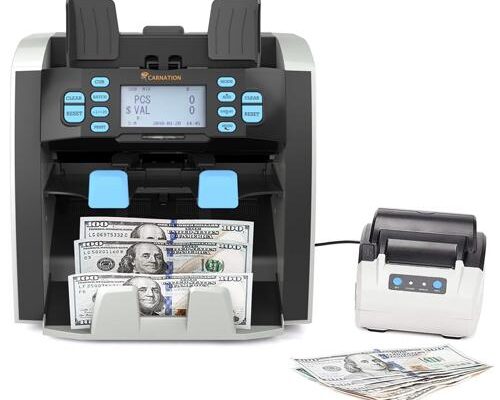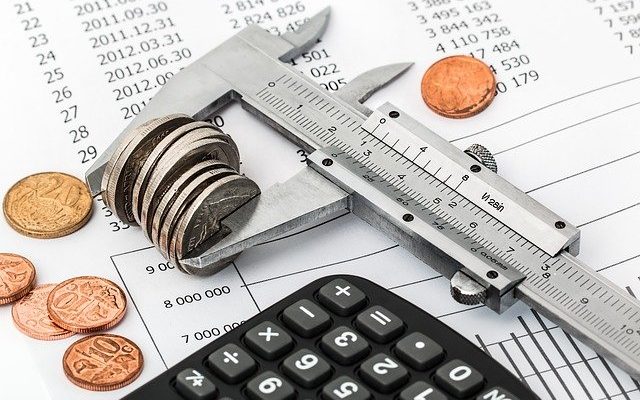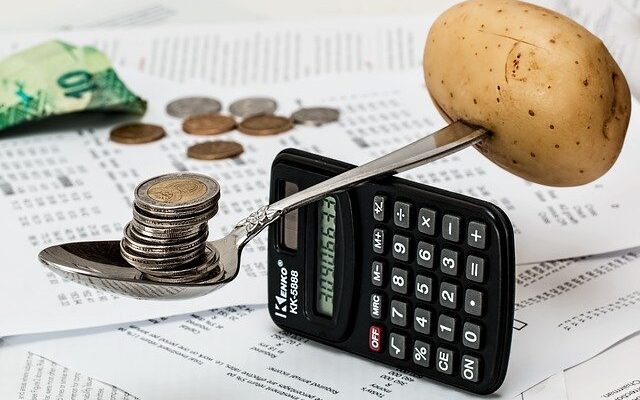5 Ways to Cut Your Expenses & Save Money

In the first quarter of 2021, the household debt in the United States has been around $14.6 trillion. It’s quite an alarming figure. Isn’t it? If you’re among people who have a debt worth thousands of dollars hanging on their heads, you’ve come to the right place. The best way for effective debt management is by cutting down on your expenses.
Once you lower your everyday living expenses, it will become easier for you to pay off your debt with all those extra bucks you save. It will take the pressure off your chest, which is what everyone needs.
In this article today, I’m going to help you in cutting your expenses. Have a look:
- Keep Your Spending Habits in Check
First and foremost, you need to evaluate where you’re spending money. Calculate how much you’ve spent in the last 30 days and where; it will be an eye-opener for you. It will let you know about the things that are consuming a major chunk of your earnings.
I remember evaluating my spendings, and guess what? It turned out I was spending a considerable amount of money on Starbucks and McDonald’s. That’s when I realized what adjustments I need to make and things I need to skip for good.
If you pay for things using your debit or credit card, simply check your account statement for the previous month and you’ll know all these details. In case you prefer the cash mode, give yourself another month and keep a record of things you purchase or whenever you make a payment for anything.
2) Create a Budget
One thing most people miss out on is creating a budget. Needless to say, not making a budget often leads you to splurge and spend money on unnecessary things. Thus, one important thing that you need to do is determine your budget for the coming month.
It’s pretty simple. Here’s what you need to do:
- Determine your overall earnings
- Take out the amount for fixed billings, such as apartment rent, electricity bills, etc.
- Make a list of things you need, including groceries, car oil, medications, and more
After that, count the money you’re left with. What’s left in your account is your additional budget. Divide your additional budget into two halves. Put one of it in your savings account for emergency use and keep the other half for paying off your debts, if there are any.
3) Decrease Your Insurance Premium
How much do you pay for your insurance plan? Yes, it’s great for your security, but you can always find a cheaper insurance company and save on a substantial amount. While you may not realize it, reducing your car and home insurance premiums can make a massive difference in your monthly budget.
It is especially helpful for people who have a debt to pay as it will save them a significant amount to easily pay off the debt. For this, I suggest you check out insurance companies that offer lower rates. If you come across one, get all the details and switch. It’s as simple as that.
4) Shop Responsibly
One of the reasons people tend to overspend is because they don’t shop with the list. Yes, mindful shopping is the key here. It’s easier than you think. Simply create a list of things you need when going shopping.
Make sure to stick to that list and not splurge into unnecessary things. It’s not only suitable for grocery shopping but other things, too. Whether you’re out to purchase clothes, shoes, or home appliances. Please ensure to buy only what you need and not what you want. There’s a prominent difference between needs and wants. Go figure!
5) Recheck Your Subscriptions
Last but not least, please reevaluate your subscriptions if you wish to cut your monthly expenses. Many people have monthly subscriptions for the gym, wellness clubs, internet, streaming services, or televisions. If you’re one of them, you ought to recheck all your subscriptions.
Ask yourself a few primary questions, including whether you can live without such subscriptions, if you really need them, or how much are you making out of them? The answers to these questions will help you figure out the next step. It may seem like a small expense, but remember that all these small expenses take a large chunk of money at the end of the month.











